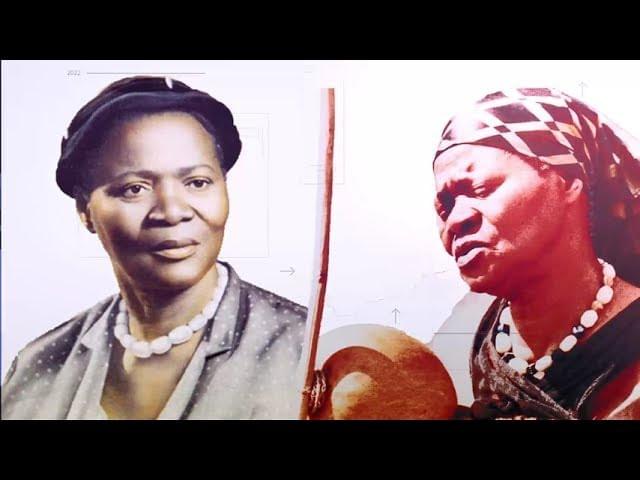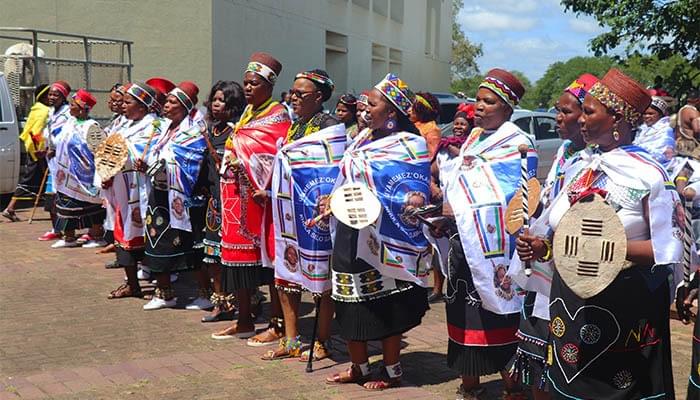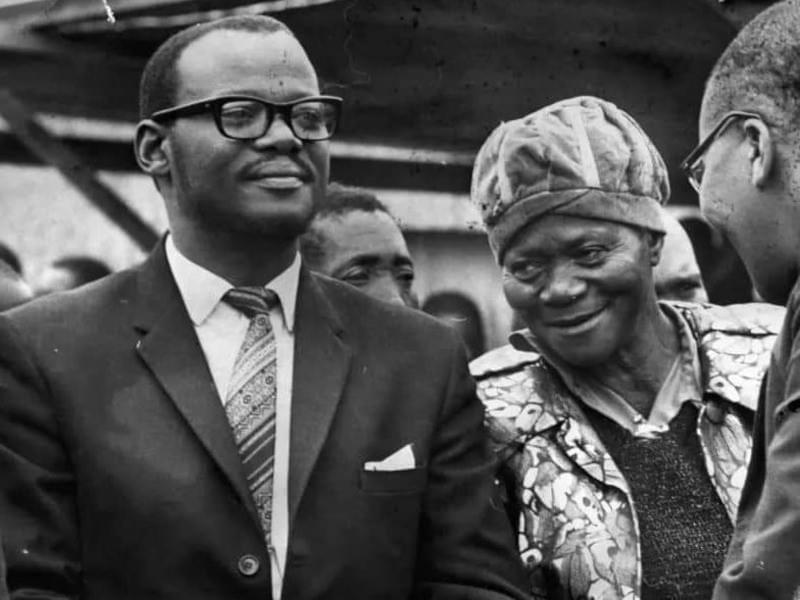
The Inkatha Freedom Party’s (IFP) legacy of defending the dignity and rights of women did not emerge overnight — it is rooted in a rich heritage of principled leadership and unshakable commitment to justice.
This legacy can be traced back to the remarkable Princess Constance Magogo kaDinuzulu, a pioneering cultural icon, political influencer, and activist. She was not only a trailblazer in preserving Zulu music and heritage, but also a strong advocate for the dignity and recognition of women in a deeply patriarchal society.
Princess Magogo was the mother of the late Prince Mangosuthu Buthelezi, the revered founder of the IFP. Prince Buthelezi built on her example, weaving respect for women and gender justice into the very fabric of the party. When he passed the reins of leadership to Velenkosini Hlabisa, he entrusted the movement to a man whose leadership continues to affirm women’s equal place in politics and society.
President Velenkosini Hlabisa has, in many ways, become a modern-day feminist in his own right — not by adopting fashionable slogans, but through genuine engagement and action. His leadership is defined by a willingness to listen to women, to create spaces for them to lead, and to confront the systemic inequalities we face.
His recent engagements with women and youth, such as during the discussions on the White Paper on Local Government at the Birchwood Hotel, are a testament to his belief that women are not just participants in politics, but essential architects of the future. In doing so, he is both honouring the legacy of Princess Magogo and Prince Buthelezi, and building his own chapter in the IFP’s history of gender inclusion.

Within the IFP, the torch of women’s dignity is carried not only by its leadership but by the countless women who are members, volunteers, and activists. From the tireless work of the IFP Women’s Brigade to the fresh energy of young female leaders, the party is home to a generation of women who are unapologetically taking their place in politics.
These women are not waiting to be invited to the table; they are building the table themselves — in communities, in municipal councils, and in advocacy spaces. Their work tackles some of the most pressing issues in South Africa: gender-based violence, economic exclusion, lack of housing, and systemic injustice.
We must also celebrate the young women in the IFP Youth Brigade, who are showing extraordinary leadership. These are women who balance activism with studies, careers, and family responsibilities, yet still find time to campaign for justice and community upliftment.
They are the volunteers who show up at dawn to coordinate rallies, the grassroots organisers who ensure that the party’s policies resonate with everyday people, and the digital activists who amplify the voices of the marginalised online. They are the embodiment of the IFP’s future — courageous, principled, and relentless in their pursuit of equality.
The IFP’s commitment to women’s rights is not symbolic; it is deeply practical. It is seen in its policies, in its leadership structures, and in its history of supporting initiatives that empower women economically, politically, and socially.
This commitment is also an act of defiance against the persistent injustices that women face in South Africa — a country where gender-based violence remains rampant and the economic playing field is far from level.
In standing up for women, the IFP is standing up for the soul of the nation.

As the torches of Princess Magogo and Prince Buthelezi pass through time into the capable hands of leaders like Velenkosini Hlabisa and the women of the IFP, we are reminded that women’s dignity is not a secondary concern — it is central to building a just, prosperous, and united South Africa.
The IFP’s women, young and seasoned, are not just part of the movement; they are the movement. And in their hands, the flame will not only be kept alive — it will burn brighter than ever before.
Happy Women's month Makhosikazi of the IFP.
Masiyibambeni kanjalo zimbokodokazi.

